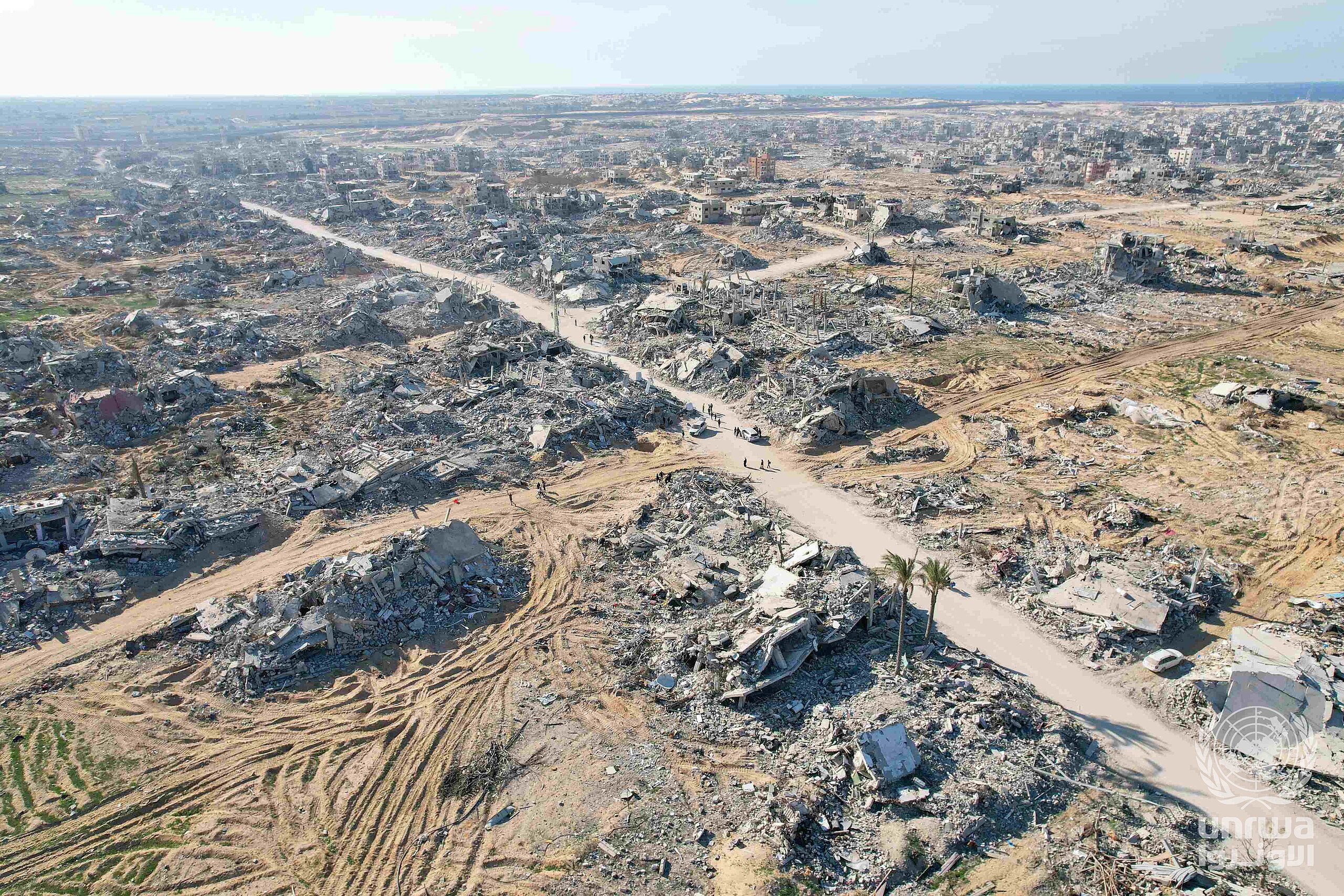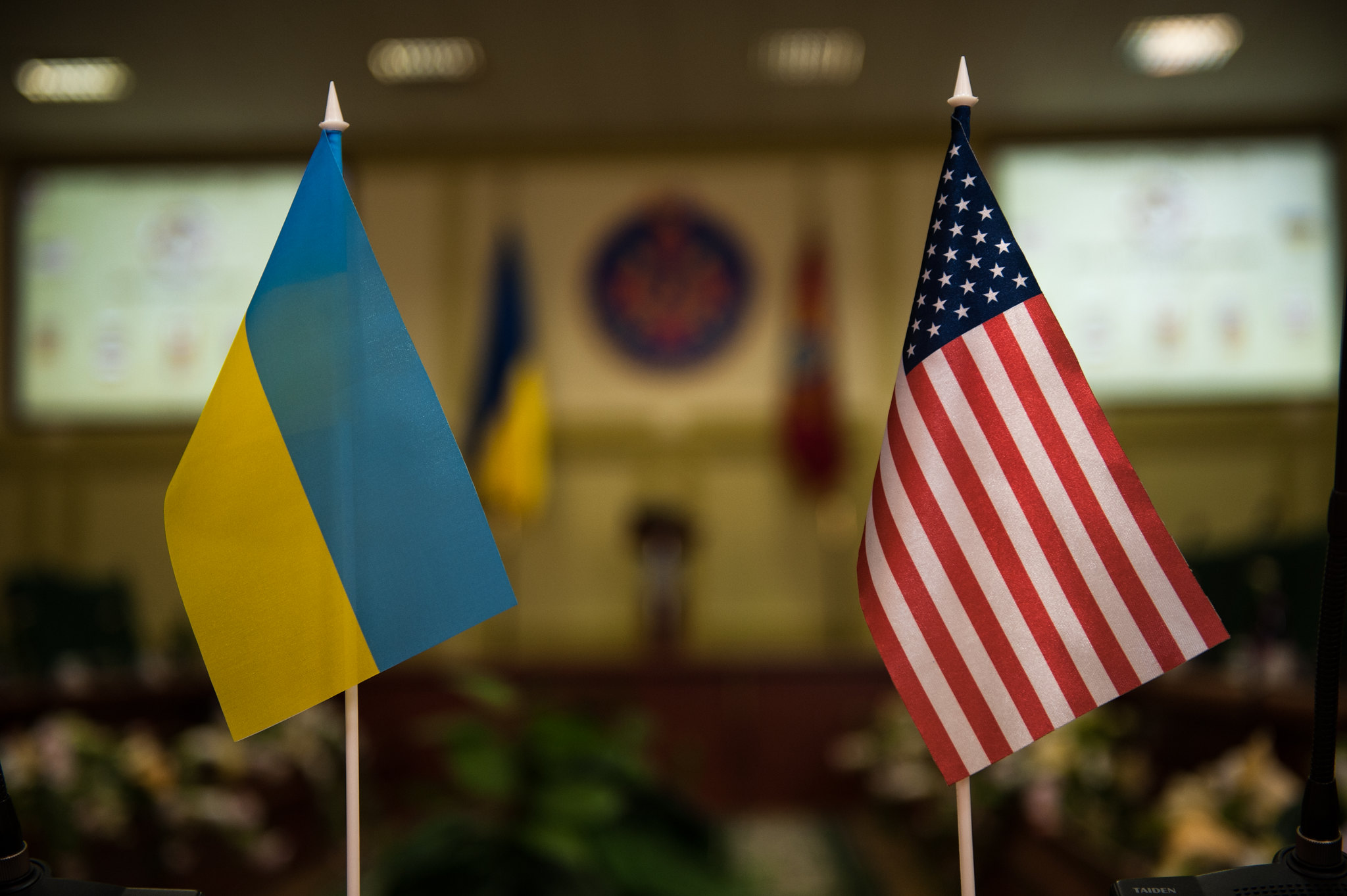The Situation: Not Genocide Is Not High Praise
Israeli policy in Gaza is indefensible.

The Situation on Sunday asked how the heck the financial markets can be so complacent amid America’s economic reality.
Today I want to talk about Gaza, where Israeli policy is simply no longer defensible.
No, I’m not jumping on the bandwagon and accusing Israel of genocide. That’s a different conversation. But contending that whatever Israel is doing in Gaza does not reach the particularly exacting threshold of genocide is not high praise.
Right now, too many commentators are defending Israel against the charge of genocide or systemic war crimes and stopping there—as though any policy short of genocide is worthy of support. Writing in the New York Times the other day, Bret Stephens argued that “Israel is manifestly not committing genocide, a legally specific and morally freighted term that is defined by the United Nations convention on genocide as the ‘intent to destroy, in whole or in part, a national, ethnical, racial or religious group, as such.’”
Stephens acknowledges that there “are important questions to be asked about the tactics Israel has used, most recently when it comes to the chaotic food distribution system it has attempted to set up as a way of depriving Hamas of control of the food supply.” And he acknowledges as well that some “readers may say that even if the war in Gaza isn’t genocide, it has gone on too long and needs to end. That’s a fair point of view, shared by a majority of Israelis.”
But he acknowledges these points only by way of emphasizing that there’s a difference between a war that has gone on too long and wrought devastating consequences from a state’s tactics, on the one hand, and genocide on the other.
Well, yes. But Jeffrey Epstein’s crimes weren’t genocide either. Neither were Charles Manson’s. A lot of bad things aren’t genocide. And some really bad things aren’t even war crimes.
It seems to me that if one wishes to explore the question of whether Israeli policy warrants support—as opposed to mere defense against the charge of genocide—these questions deserve a little more attention than Stephens give them.
Israel has leveled Gaza.
It has also gravely bungled aid delivery—that is, when it wasn’t cutting off aid altogether.
Israeli forces have killed some untold number of civilians. A lot of others have been left malnourished and will die of starvation in the coming weeks.
And Israel has also repeatedly floated ideas of displacing Palestinians en masse from the strip. The language shifts. Sometimes it’s called reoccupation and redevelopment. Sometimes it’s encouraging emigration or resettlement. Sometimes it’s about creating a “humanitarian city” that one can only leave by leaving the territory entirely.
It will not do to say that all of this is Hamas’s fault, because Hamas launched the war and fights illegally and in a fashion that pervasively endangers civilians on its own side. All of that is true, and a great deal of responsibility for this humanitarian disaster thus lies at the feet of Hamas.
But Israel cannot escape responsibility for its own decisions—the decision to keep the war going, the decision to repeatedly block the delivery of aid, the decision to link the delivery of humanitarian aid to political objectives, and the decision to use huge ordnance in densely populated areas.
It will not do either to observe that bad stuff happens in war. Of course it does. And Gaza is a super-tough environment to operate in, all the more so because of the network of tunnels running underneath it. But that’s all the more reason not to play games with humanitarian aid. It’s all the more reason to not let government ministers send messages that a reasonable person could interpret as genocidal. And it’s all the more reason not to flirt with reoccupying the territory and displacing the civilian population. When a country does these things, an errant shell that kills civilians lands a bit differently. So do images of starving children.
And it will not do either to blame all of the food distribution problems on Hamas theft, while showing pictures of aid delivery rotting unreceived at the crossing points. Even if it’s true, it’s inadequate. Yes, Israel has let in more food than Palestinian civilians have received. But that cannot excuse its periodic cutoffs of food or its attempts to create alternative food distribution mechanisms that it plainly lacks the infrastructure to accomplish without shooting hungry Palestinians trying to avail themselves of those mechanisms.
What’s going on here, in other words, is not that Israel’s conduct is just fine and that the world is nonetheless maliciously accusing it of genocide and war crimes. What’s going on here, rather, is that Israel—having been grievously provoked, to be sure—has responded by wholly destroying a territory of 2 million people, killing tens of thousands of them, and subjecting a great many of the rest to starvation and other deprivations.
Did Israel do this alone? Surely not. Does the fact that others played a role too get it off the hook for its own deadly conduct? Just as surely not. And neither does the conclusion that it doesn’t amount to genocide.
Israel’s handling of the war that began on Oct. 7, 2023, has been a kind of blizzard of mixed results. The destruction of Hezbollah was stunningly adept and effective—and had the collateral benefit of knocking out the vile Syrian regime. The short war with Iran was equally impressive; it may or may not have done long-term damage to the Iranian nuclear program, but it certainly did short-term damage to it and took out the country’s air defenses and missile capacities along the way. In neither of these theaters can the civilian destruction plausibly be argued disproportionate to the military accomplishments.
But Gaza is another story. Israel still lacks a day-after plan for whenever the war finally ends. It’s still unclear what its strategic objective is—which is to say that it doesn’t really have one. It has flattened a densely populated area and now fights against booby-trapped buildings and tunnel openings with no capacity to feed the population it has forced to live in the rubble.
The only conceivable defense of this disaster would lie in necessity, the idea that there was no other way but this to protect Israeli civilians from Hamas.
Whether that defense is, in fact, true is the conversation we should be having. Genocide is just a word.
The Situation continues tomorrow.


.jpg?sfvrsn=407c2736_6)


